52 ideas that changed the world - 52. Zero
The technology on which you’re reading this article only works because of zero

A free daily email with the biggest news stories of the day – and the best features from TheWeek.com
You are now subscribed
Your newsletter sign-up was successful
In this series, The Week looks at the ideas and innovations that permanently changed the way we see the world. In this final instalment, the spotlight is on zero:
Zero in 60 seconds
Zero is a number. But unlike other numbers, zero represents not a thing, but an absence of a thing, or nothing. So understanding zero requires us to recognise the absence of something.
The Week
Escape your echo chamber. Get the facts behind the news, plus analysis from multiple perspectives.

Sign up for The Week's Free Newsletters
From our morning news briefing to a weekly Good News Newsletter, get the best of The Week delivered directly to your inbox.
From our morning news briefing to a weekly Good News Newsletter, get the best of The Week delivered directly to your inbox.
In mathematics, zero can also be used as a placeholder in place value systems (or positional notation), in which the position of the digit in a number means that its value must be multiplied by some other value.
For example, in the number 234, the 4 is multiplied by 1, because it is in the 1x position. The 3 is multiplied by 10, because it is in the 10x position. And the 2 is multiplied by 100, because it is in the 100x position. Adding these together gives the value of 234.
In the number 204, the 4 and 2 are still multiple by 1x and 100x respectively, but the 0 is not multiplied by 10x, as it is only there as a placeholder.
How did it develop?
A free daily email with the biggest news stories of the day – and the best features from TheWeek.com
The first evidence of zero dates back around 5,000 years tot the Sumerian culture in Mesopotamia, where it was used to indicate the absence of a digit in a string of numbers - the same as its placeholder function in modern place value systems.
But the first description of the arithmetic use of zero did not come until the seventh century, when the Indian mathematician Brahmagupta wrote: “When zero is added to a number or subtracted from a number, the number remains unchanged; and a number multiplied by zero becomes zero.”
Brahmagupta’s text Brahmasphutasiddhanta, written in AD628, was the first written description of zero as a number in its own right, as opposed to just a placeholder, says National Geographic.
The concept of zero then made its way to and across the Middle East, where it reached mathematician Mohammed ibn-Musa al-Khowarizmi around in 773.
“It was al-Khowarizmi who first synthesised Indian arithmetic and showed how the zero could function in algebraic equations, and by the ninth century the zero had entered the Arabic numeral system in a form resembling the oval shape we use today,” says the Sky History channel website.
Zero reached Europe in the 1100s through the Moorish conquest of Spain, with thinkers such as the Italian mathematician Fibonacci helping to introduce zero to the mainstream by popularising the Arabic numeral system that we use today.
The Italian government was initially suspicious of Arabic numbers and outlawed the use of zero, but merchants - seeing its usefulness - continued to use it illegally and secretively. The Arabic word for zero, “sifr”, brought about the word “cipher”, which means a numeric character, but also came to mean “code”, says Live Science.
The use of zero as a mathematical function became increasingly widespread, and was first employed in the common method of graphing in the 17th century. “That century also saw a whole new field of mathematics that depends on zero: calculus,” adds Vox.
Calculus was the foundation on which physics, engineering, computers and much of financial and economic theory developed - and also our understanding of the universe.
“The concept of emptiness is now central to modern physics: the entire known universe is seen as ‘zero sum game’ by among others, such as Stephen Hawking,” says Peter Gobets, secretary of the Netherlands-based ZerOrigIndia Foundation, also known as the Zero Project, which researches the origins of the zero digit.
How did it change the world?
Many of the world’s most important inventions now seem so obvious that it can be hard to understand how they took so long to come about. Zero is a prime example of this - and its importance is hard to overstate.
“So commonplace has zero become that few, if any, realise its astounding role in the lives of every single person in the world,” says the ZerOrigIndia Foundation’s Gobets.
The uses of zero have gone well beyond simple mathematics.
“The computer you’re reading this article on right now runs on a binary - a strings of zeros and ones,” says Vox. “Without zero, modern electronics wouldn’t exist. Without zero, there’s no calculus, which means no modern engineering or automation. Without zero, much of our modern world literally falls apart.”
The strings of zeros and ones is known as “binary code”, the system on which modern-day computers operate, on the principle of two possible states, “on” and “off”. The ‘on’ state is assigned the value ‘1’, while the ‘off’ state is assigned the value ‘0’ - that is, zero.
“It is perhaps not surprising that binary number system was also invented in India, in the second or third centuries BCE, by a musicologist named Pingala, although this use was for prosody [rhythm in language],” Subhash Kak, historian of science and astronomy and Regents Professor at Oklahoma State University, told the BBC.
Humans’ discovery of zero was “a total game changer… equivalent to us learning language”, adds Andreas Nieder, a cognitive scientist at the University of Tubingen in Germany.
Zero is “ubiquitous, ubiquitous, dominating the lives of practically all seven billion of us on the globe from birth to death, literally and figuratively”, write Annette van der Hoek, coordinator of the Zero Project, and Robinder Sachdev, the project’s India-based trustee, in an article on The American Bazaar.
This assessment of the importance of zero is echoed by Indologist Johannes Bronkhorst, an emeritus professor at Switzerland’s University of Lausanne.
“Understanding how and why the great inventions were made that made modern science and technology possible, concerns all mankind. And the invention of zero certainly ranks among the greatest,” he said.
-
 Local elections 2026: where are they and who is expected to win?
Local elections 2026: where are they and who is expected to win?The Explainer Labour is braced for heavy losses and U-turn on postponing some council elections hasn’t helped the party’s prospects
-
 6 of the world’s most accessible destinations
6 of the world’s most accessible destinationsThe Week Recommends Experience all of Berlin, Singapore and Sydney
-
 How the FCC’s ‘equal time’ rule works
How the FCC’s ‘equal time’ rule worksIn the Spotlight The law is at the heart of the Colbert-CBS conflict
-
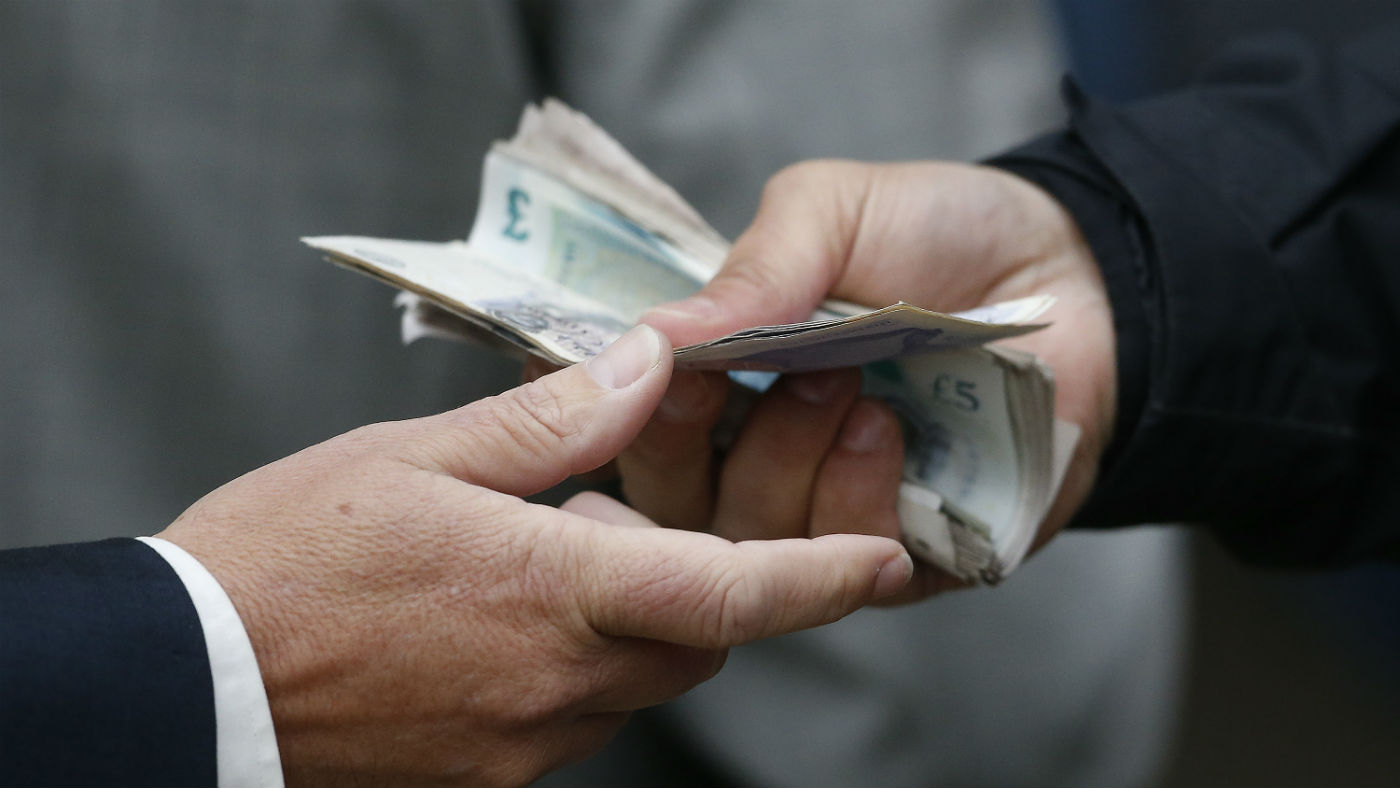 52 ideas that changed the world - 50. Money
52 ideas that changed the world - 50. MoneyIn Depth Millennia of civilisations have used mediums of exchange ranging from seashells and cows to bitcoin and cash
-
 52 ideas that changed the world - 49. Ecology
52 ideas that changed the world - 49. EcologyIn Depth Scientific ecology can be traced back to Charles Darwin and considers living things and their environment
-
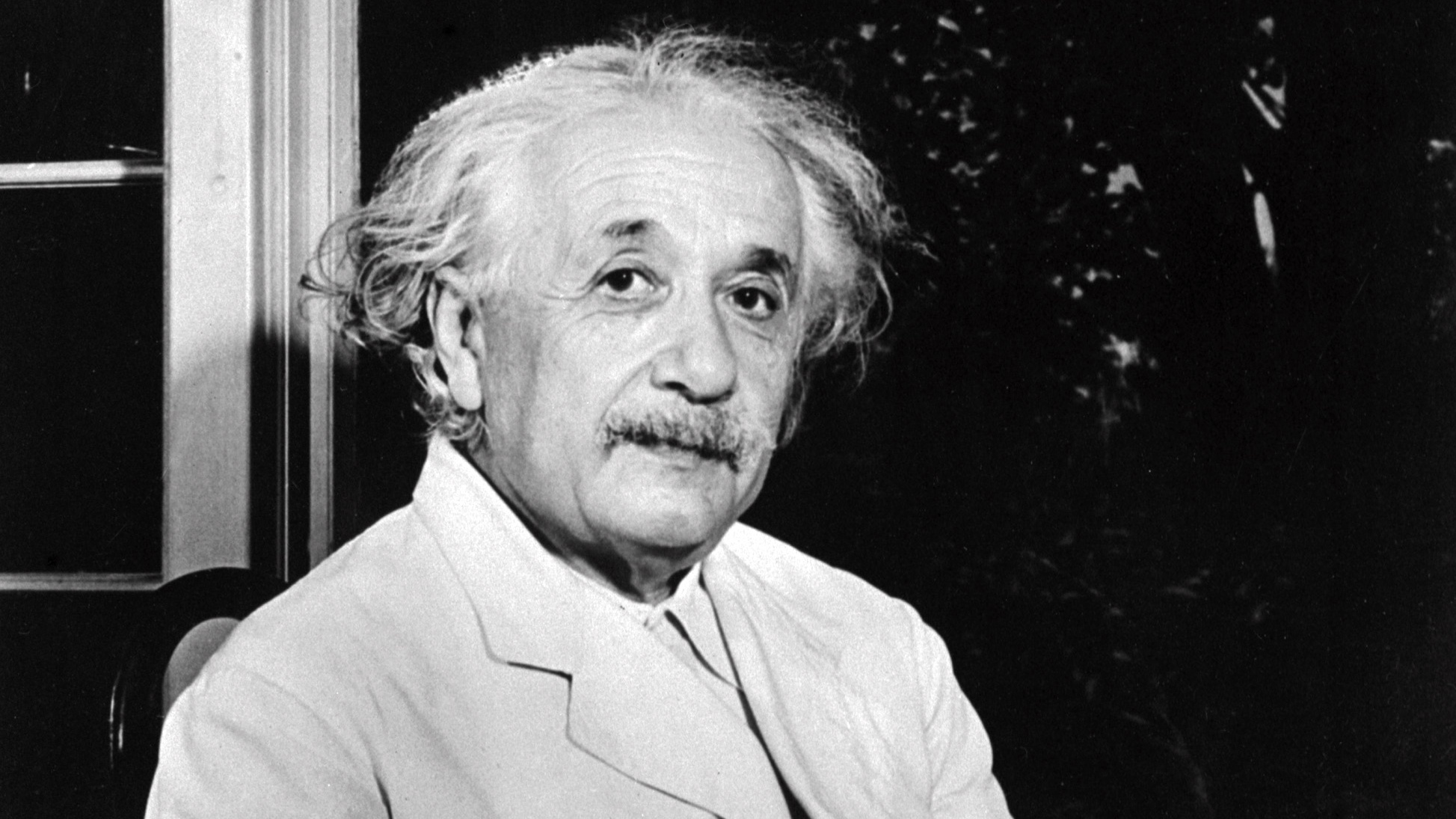 52 ideas that changed the world - 47. Relativity
52 ideas that changed the world - 47. RelativityIn Depth Einstein’s theory remains ‘most important in modern physics’
-
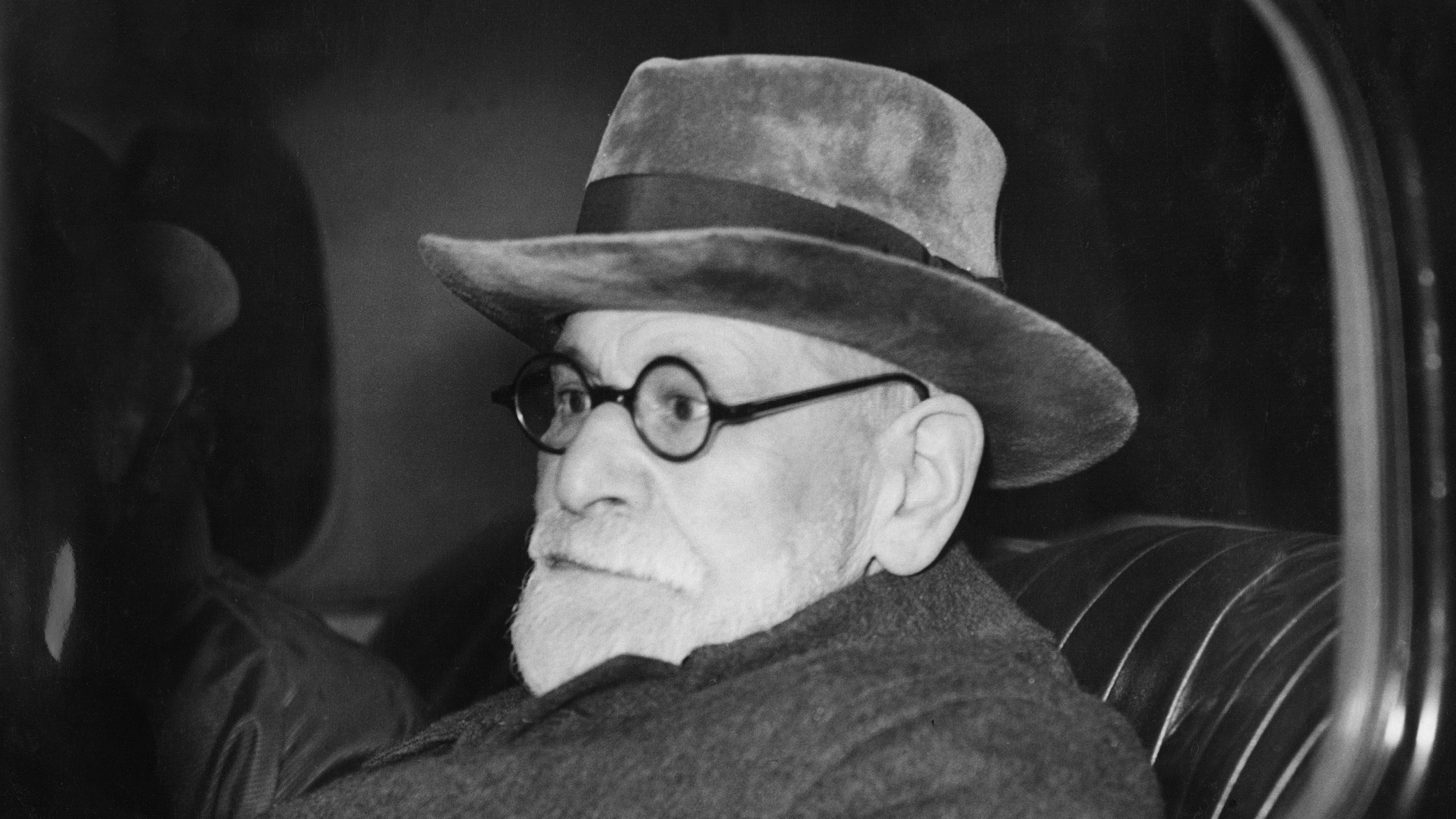 52 ideas that changed the world - 46. The unconscious mind
52 ideas that changed the world - 46. The unconscious mindIn Depth The theory of an obscured section of human consciousness has hooked psychologists for centuries
-
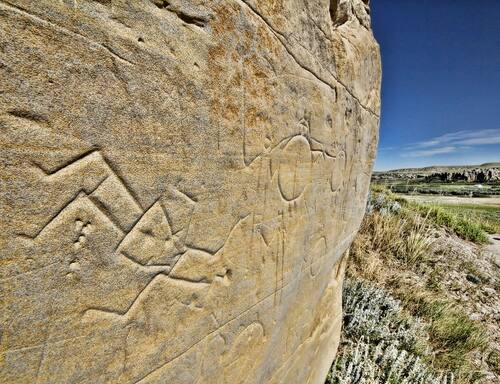 52 ideas that changed the world - 43. Writing
52 ideas that changed the world - 43. WritingIn Depth Writing is the foundation of history, great literature – and this article
-
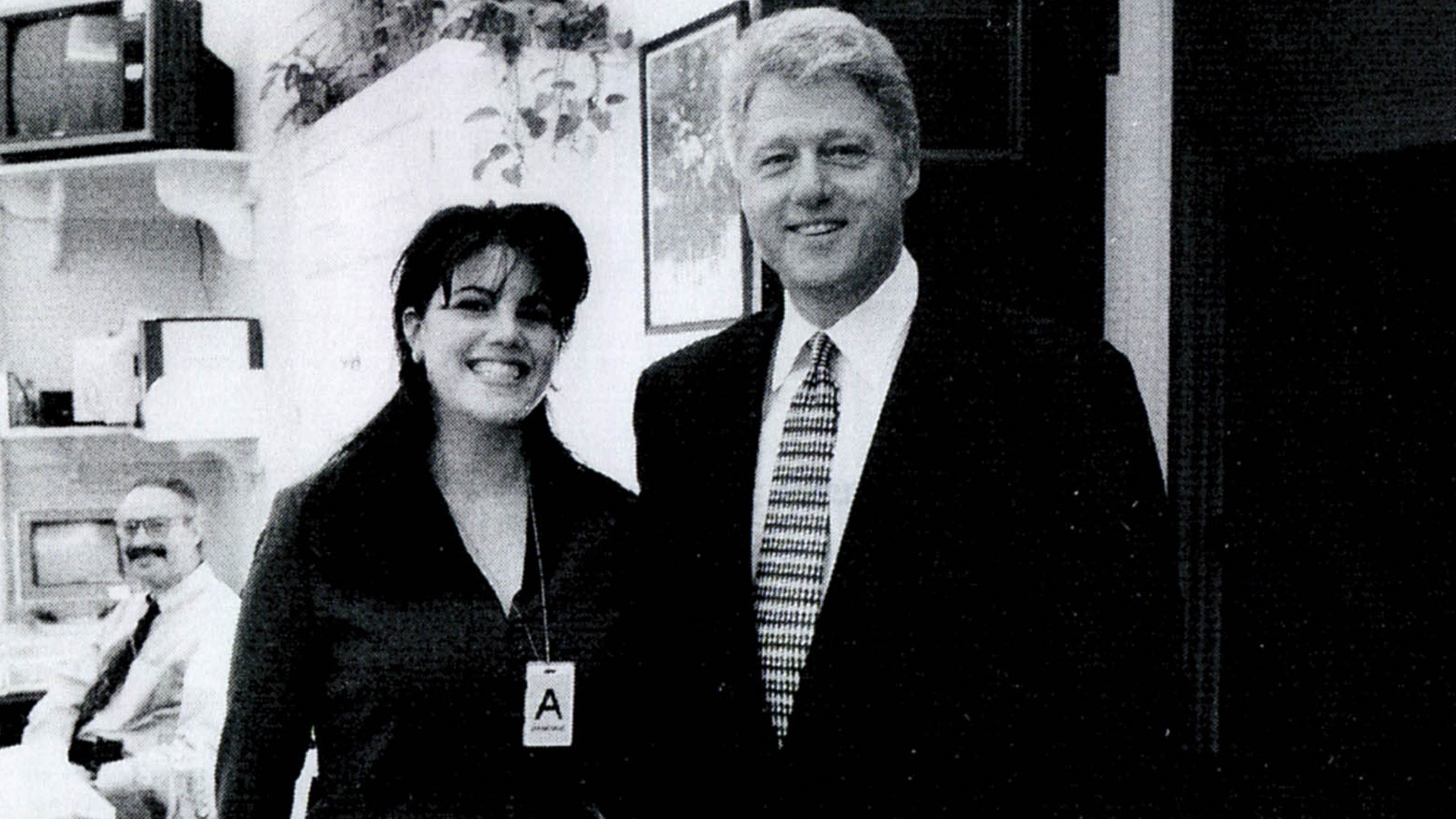 52 ideas that changed the world - 42. Monogamy
52 ideas that changed the world - 42. MonogamyIn Depth The roots of monogamy have more to do with evolution than romance
-
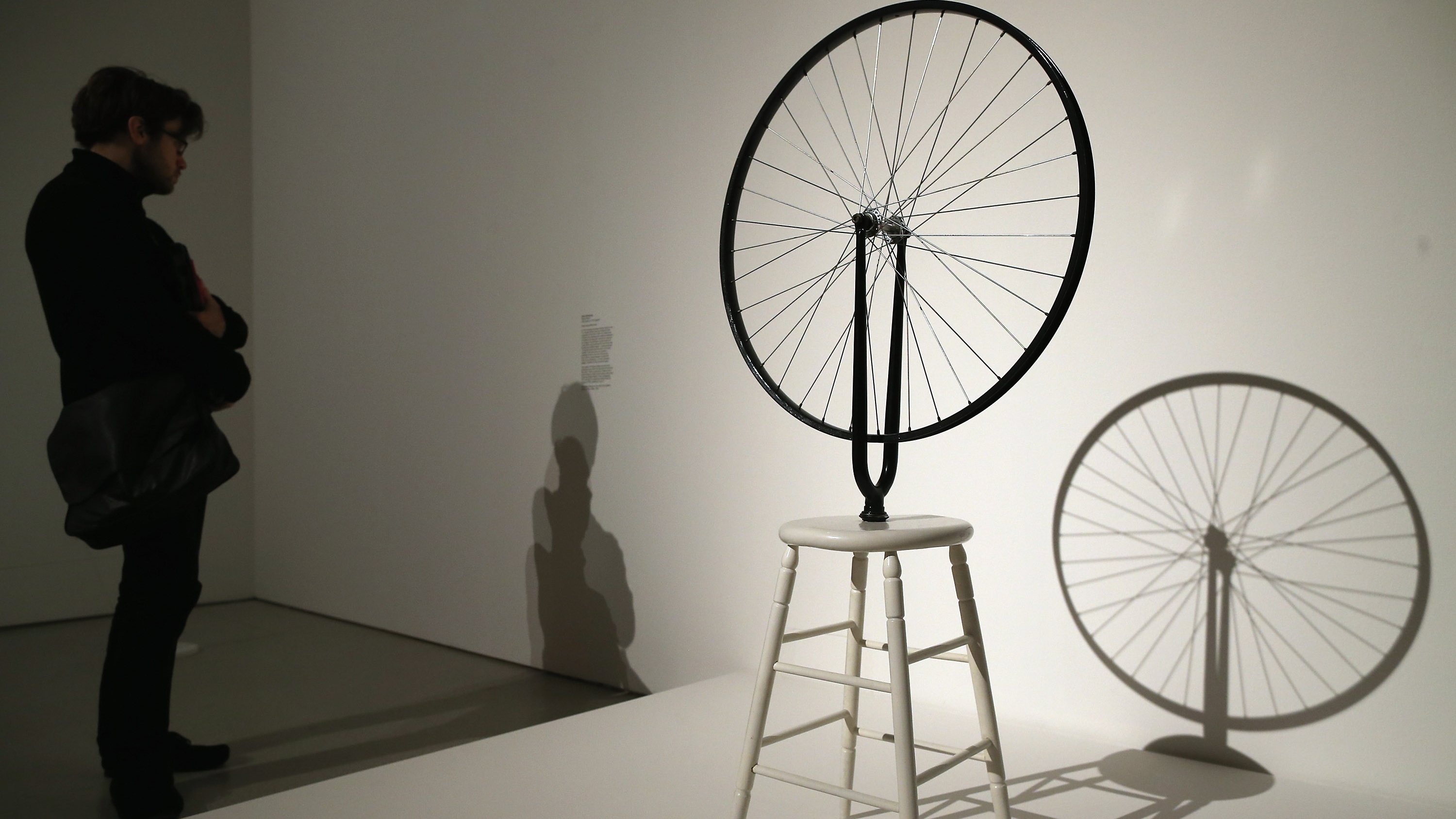 52 ideas that changed the world - 41. The wheel
52 ideas that changed the world - 41. The wheelIn Depth The wheel might seem simple, but it took humans a long time to figure it out
-
 52 ideas that changed the world - 39. Selective breeding
52 ideas that changed the world - 39. Selective breedingIn Depth Domesticating animals and creating plants and crops allowed agriculture to flourish